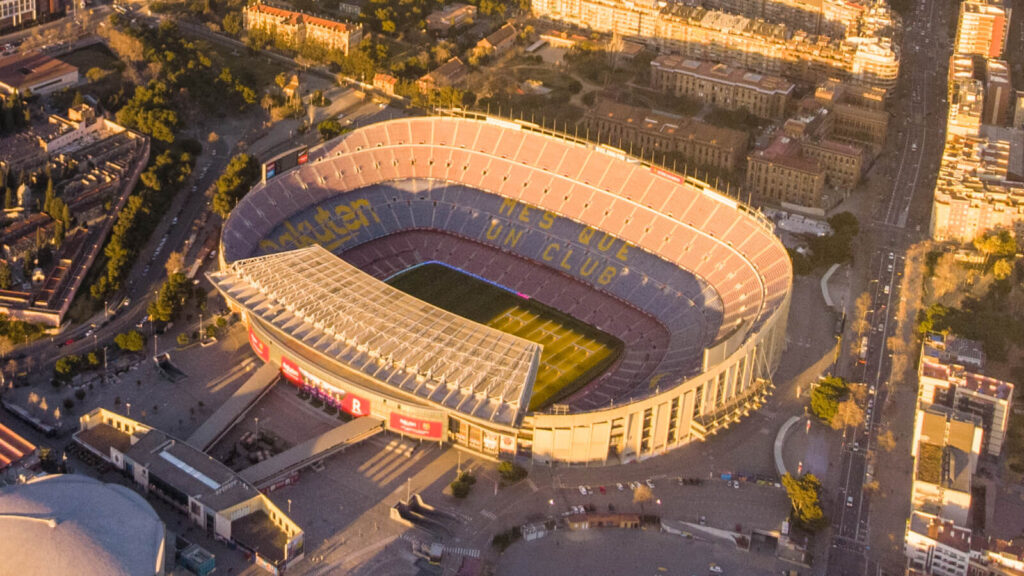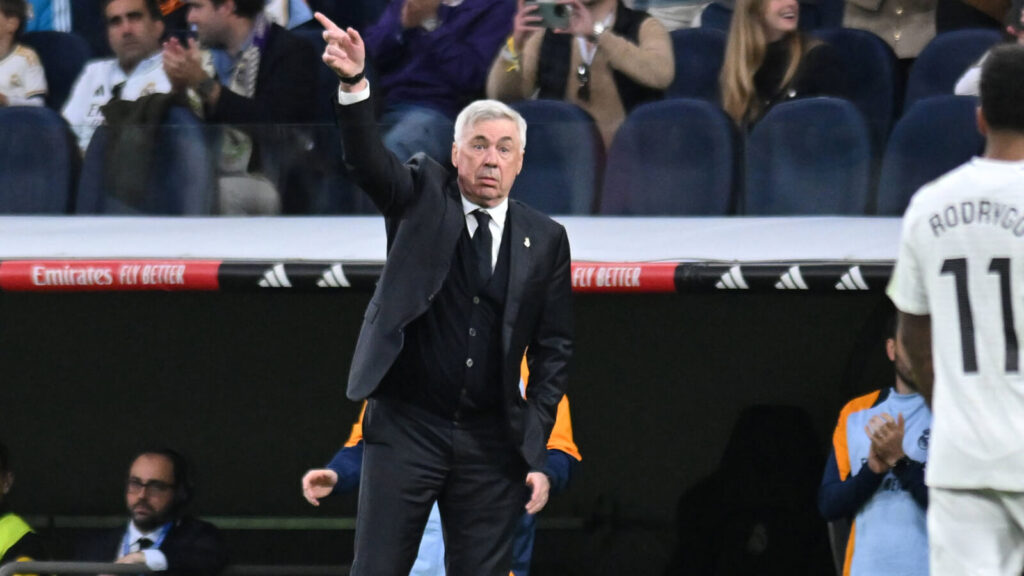Few football rivalries can rival the intensity, history, and global significance of El Clásico. The showdown between FC Barcelona and Real Madrid is more than just a match—it’s a battle fueled by deep-rooted history, political undertones, and unforgettable moments on the pitch.
The history of El Clásico goes back to the beginning of the 20th century. The first official encounter between FC Barcelona and Real Madrid was on May 13, 1902. The two clubs further developed into powerful forces in Spanish football. Their matches were more than games; they became moments that shaped the sport. Throughout the Spanish Civil War (1936-1939), the rivalry between Catalonia and the central government of Spain was reflected in football. FC Barcelona was a symbol of Catalan identity and resistance. They were frequently in conflict with Real Madrid, a symbol of Spanish centralism during General Francisco Franco’s regime. This polarisation deepened the rivalry, with every match becoming as much a clash of ideologies as of sporting talent.

The two clubs increased in fame, and signed some of football’s greatest players. As Real Madrid dominated European football in the 1950s, the transfer of Alfredo Di Stéfano heightened the animosity between the two clubs. A player signed by Real Madrid after he had initially accepted a move to Barcelona, offered an additional cause of strife.
Political Undertones
El Clásico is so deeply connected with the politics of Spain. FC Barcelona has always been closely associated with Catalan nationalism. It strengthened as Catalonia sought greater autonomy from Spain. Real Madrid, however, has long been identified with the Spanish crown and central authority. The club however, has sought to dissociate itself with such affiliations in recent years.
Barcelona was repressed under Franco’s dictatorship (1939-1975). There was evidence of forced resignation of club presidents and other political meddling. The 1943 Copa del Generalísimo semifinal, is an example of the political pressures that influenced football during this period. Barcelona lost 11-1 to Real Madrid in questionable circumstances.
Political undertones still exist in today’s world. The Catalan independence movement has often used the Camp Nou as a political protest field. Cries and placards demanding an independent Catalonia are frequent during El Clásico. Football is the primary agenda, yet the political climate turns El Clásico into more than a game.
Era of Legendary Matchups: Ronaldo vs. Messi
El Clásico has witnessed many legendary players, but none represent the modern era as Lionel Messi and Cristiano Ronaldo. Between 2009 and 2018, they became the pivot of international football, taking El Clásico to unheard levels of global viewership.
Messi, the all-time highest scorer of Barcelona, was admired for his breathtaking dribbling skills, playmaking talent, and his goal-scoring records. Real Madrid’s hero Ronaldo provided power, speed, and unmatched goal-thirst. Their clash in one-on-one duels was no less engaging than the war of teams itself.

Some of the notable El Clásico games of this era include:
- 2010 La Liga (Barcelona 5-0 Real Madrid): Pep’s Barcelona delivered a masterclass as Messi demolished Mourinho’s Madrid.
- 2011 UCL Semi Final: This was a suspenseful two-leg tie in the Champions League Semis. Messi netted an incredible goal at the Bernabéu in a match where Barcelona qualified.
- 2012 La Liga (Barcelona 1-2 Real Madrid) – Ronaldo won it with a calm finish, quieting the Camp Nou crowd. His celebration—waving to the fans to “calm down”—became legendary.
- 2017 La Liga (Real Madrid 2-3 Barcelona): Messi stunned the Santiago Bernabéu with a last-gasp winner. He celebrated by holding his jersey aloft in celebration in one of the greatest football photos.
- 2017 Supercopa de España First Leg (Barcelona 1-3 Real Madrid) – Ronaldo mirrored Messi’s earlier celebration after scoring a stunning goal. He celebrated by holding up his jersey in front of the Camp Nou crowd, but was controversially sent-off later.
Their duel was not just over trophies and goals; it was over the differing philosophies of their clubs. Barcelona was all about flowing, passing football whereas Madrid, was all about power and counter-attacking strength. Their exits from La Liga in 2018 (Ronaldo to Juventus and Messi subsequently to PSG) brought an era to a close, but their duels are still the stuff of legend.
El Clásico in the Post-Messi-Ronaldo Era
Although past the golden era of El Clásico, the rivalry continues with new stars dominating. Vinícius Jr., Jude Bellingham, Lamine Yamal and Robert Lewandowski have now taken the limelight, as El Clásico remains one of the most highly-anticipated matches in world football.

The tactical war between the managers also comes into play. Managers like Xavi Hernández, Hansi Flick and Carlo Ancelotti carry their own ideology, giving a new twist to the rivalry. Be it tiki-taka supremacy or counter-attacking excellence, the nature of El Clásico doesn’t change.
The Global Following of El Clásico
El Clásico is not only a Spanish phenomenon; it is a global spectacle. With millions of supporters, the game receives some of the highest TV ratings in football. The intense rivalry, as well as the glitz of the two teams, makes every meeting a show that cannot be missed. Both Barcelona and Real Madrid have huge worldwide fan bases, with supporters in almost all countries. Social media has also added to the rivalry, with fans debating, comparing and celebrating long before and after the match.

Large sponsors, broadcasters, and large brands understand the financial value of El Clásico. It manifests itself in record TV rights and sponsorships. Overseas El Clásico games, like those in the United States, have filled stadiums to capacity, proving the global popularity of the fixture. El Clásico had celebrities, stars and even politicians among its spectator seats, indicative of the global passion. The match is not just a football match; it is an event that separates and unites football fans everywhere in the world.
Conclusion
El Clásico is more than a football match; it is a clash of history, politics, and sporting supremacy. From the times of political strife to the Messi vs. Ronaldo golden era, the matchup has become an event not to be missed on the football schedule. With each match, a new chapter is opened in this epic duel, which makes El Clásico the best football rivalry.

As the new generation of players takes to the pitch, the fire and ferocity of El Clásico will continue to captivate the fans all over the world. Played in La Liga, the Champions League or friendlies, every El Clásico is a battle for pride, history, and supremacy. The world would be watching all the time, and the rivalry would never subside.
